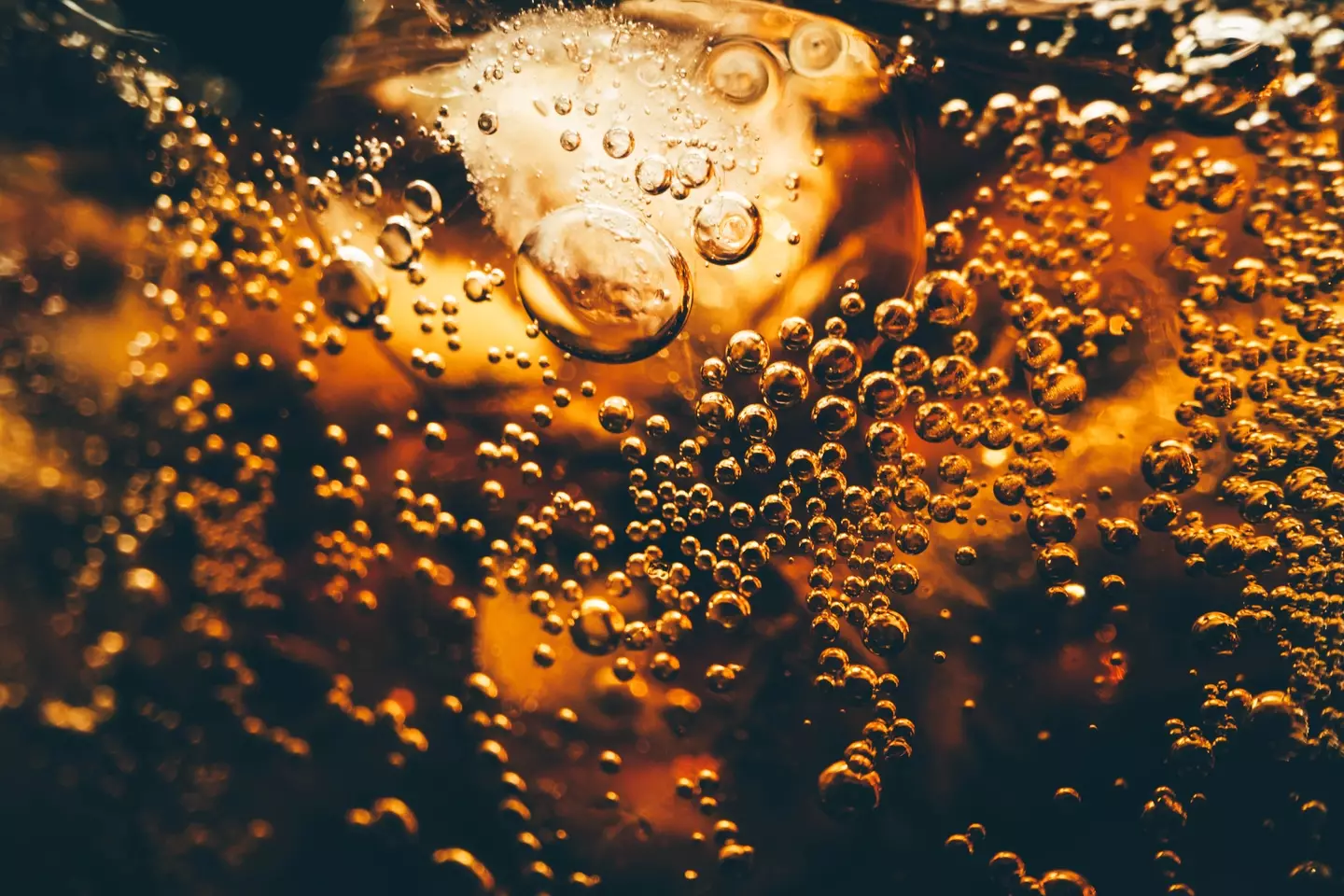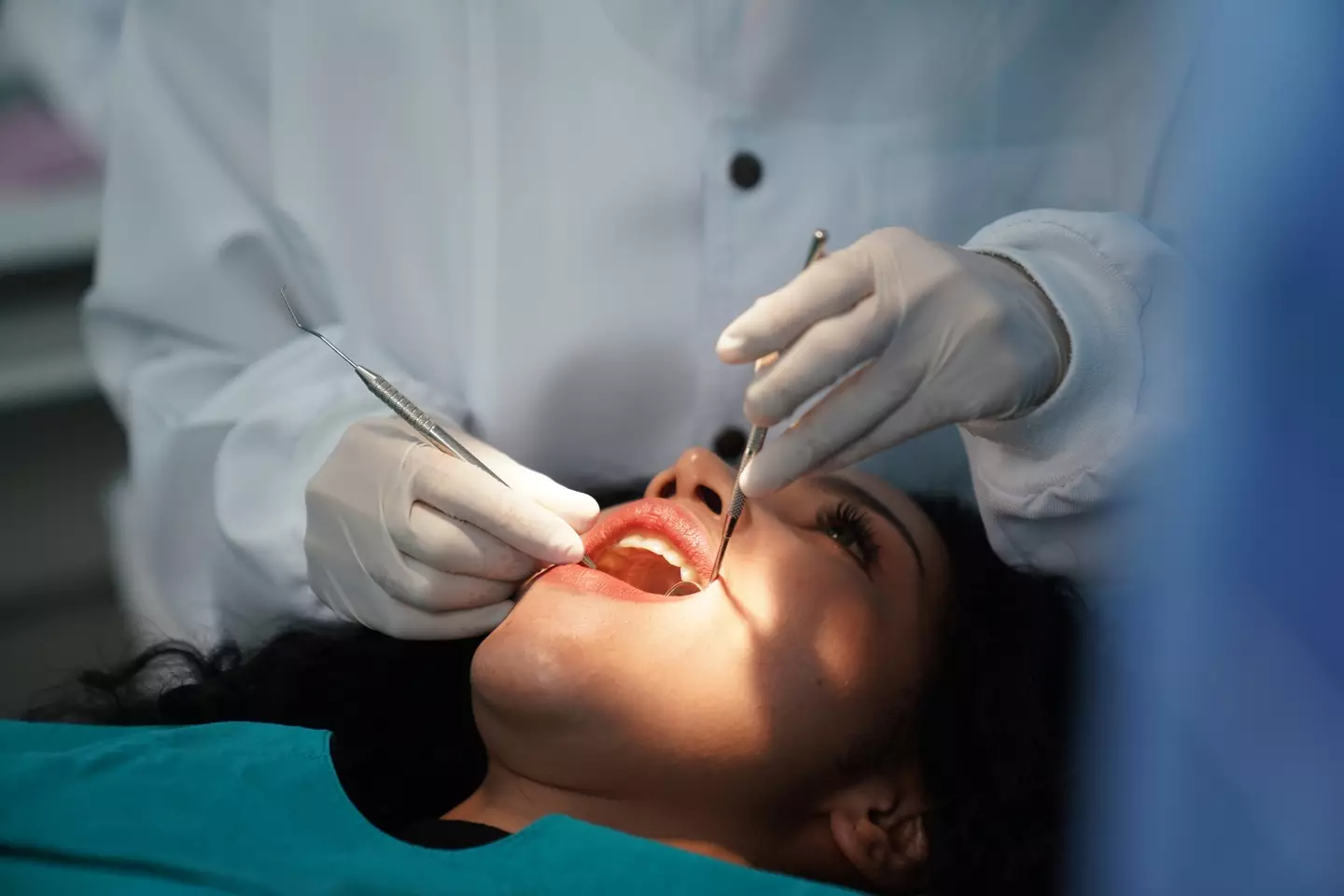
There are plenty of beverages out there that are universally understood to be bad for our health.
A can of Coca-Cola? That’ll be a spike in blood sugar and the threat of cavities.
A can of lager after work? That’ll be empty calories, disturbed sleep, a liver workout and the risk of developing an unhealthy habit.
A can of Red Bull? That’ll be acid reflux and tremors with a side of dehydration.
Advert
A coffee? Well, that’s probably doing more good than harm if you’re sensible about how much you drink and how late you’re drinking it. As a rule of thumb, two or three cups a day, all imbibed before around 2pm, and you should avoid the potential adverse health effects whilst reaping the health-promoting rewards.

All that said, you may well have switched out one of the above for sparkling water to manage your cravings and cut back on unhealthy habits. It’s just carbonated water, so what could be so bad about that?
As it turns out: more than you might expect.
Speaking to The i Paper, Dr Praveen Sharma from the University of Birmingham and Birmingham Dental Hospital explained that sparkling water carries its own health risks.
“The process of carbonating water to make it 'sparkle' increases its acidity, compared with still water,” he said. While sparkling water is less acidic than most carbonated beverages, and the level of acidity is variable depending on the brand, that acid can still cause problems for your gnashers.
“It’s the carbonic acid, the bubbles, that cause the problem,” said Dr Ben Atkins, a dentist and spokesperson from the Oral Health Foundation.
“Carbonic acid is a very mild acid, but it’s still acid and can be bad for your teeth."
Atkins added that the acid can ‘etch’ your teeth: “That means it takes material off it. Then next time you rub it against food or something else, very, very small bits of enamel break off.

“Over your lifetime that can be a lot of enamel.”
With that in mind, Atkins both abstains from carbonated water and recommends that others follow suit.
“I prefer my patients to drink still water,” he continued. “It’s a simple health message: if you’re worried about erosion, don’t drink fizzy water. I’ve seen patients who have lost 50 or even 80-90 per cent of their crown, or the top of their teeth, because of acidic reflux and fizzy drinks.”
